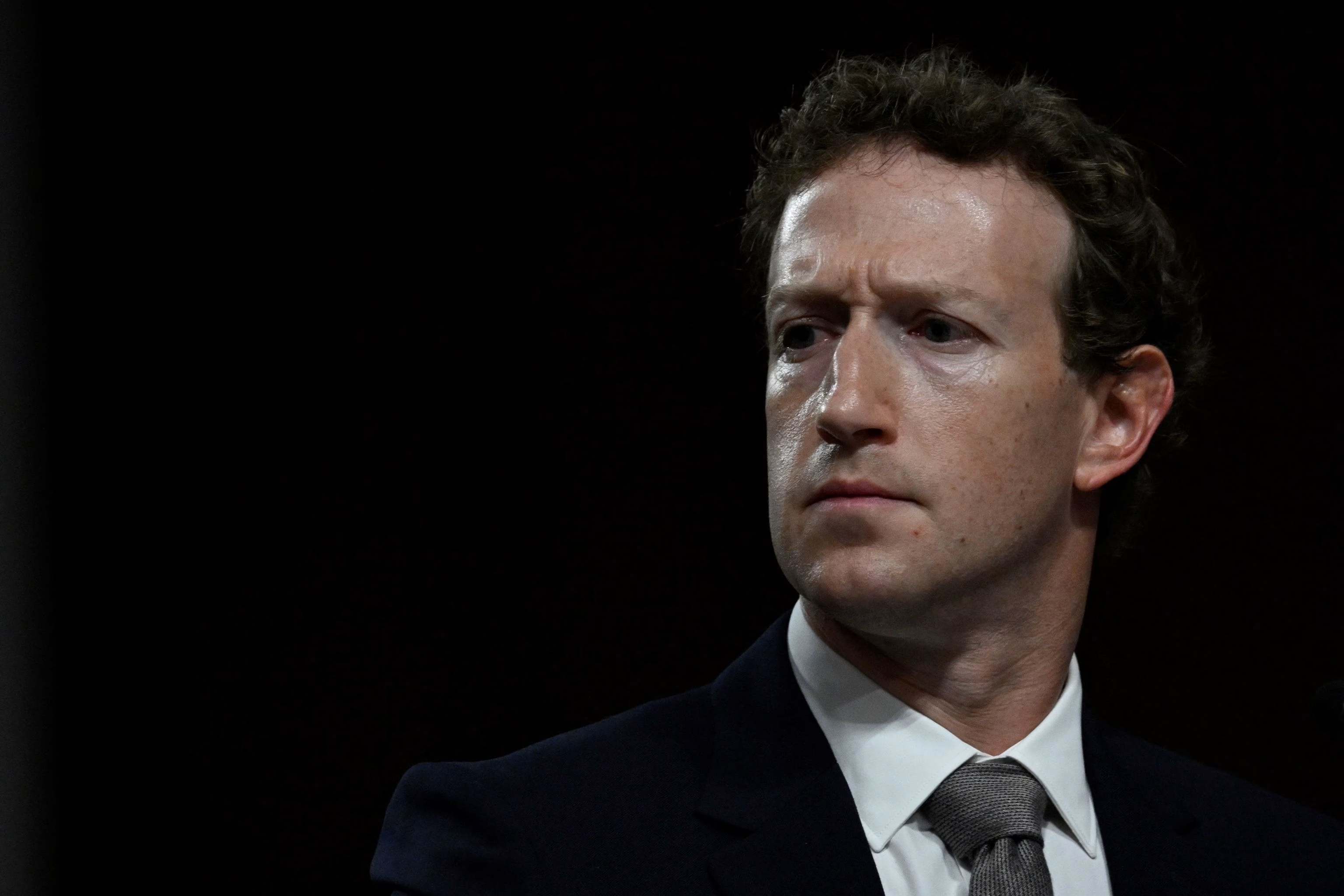OpenAI Lawyers Scrutinize Meta's Alleged Role in Musk's $97 Billion AI Ambitions
The core of the dispute appears to center on Meta's alleged provision of data and resources that could have been instrumental in Musk's pursuit of acquiring or significantly influencing major AI players. OpenAI, a leading force in AI research and development, is understandably concerned about the implications of such a move, particularly regarding competitive balance and the ethical deployment of advanced AI technologies.
Unpacking the Allegations: Data, Influence, and Competition
Sources close to the matter indicate that OpenAI's lawyers are investigating the nature and extent of Meta's cooperation with Musk. The specific concern is whether Meta shared proprietary data or provided technical assistance that could be seen as an unfair advantage in Musk's bid to consolidate significant AI power. This isn't just about a business deal; it touches upon the very foundations of how AI research is conducted and how its benefits are distributed.
Musk's reported $97 billion figure is staggering, underscoring the immense value and potential he sees in controlling key AI infrastructure and talent. His vision, often characterized by a desire for open-source AI but also a drive for significant personal influence, has already made waves. Now, the alleged involvement of a tech giant like Meta adds a new dimension, potentially shifting the balance of power in the AI race.
"The implications of a tech titan like Meta potentially aiding a rival's massive AI acquisition are profound. It raises questions about antitrust, data privacy, and the very definition of fair competition in the AI space."
What kind of data are we talking about? It could range from user interaction data to training datasets for large language models. If Meta, with its vast user base and extensive data collection capabilities, provided resources that directly benefited Musk's AI ventures, it could be viewed as a significant strategic maneuver. This is especially true given Meta's own substantial investments and research in AI.
OpenAI's Stance: Protecting Innovation and Fair Play
OpenAI's legal team's involvement signals a proactive approach to safeguarding its interests and, by extension, what it perceives as the broader health of the AI ecosystem. The organization has often spoken about the importance of responsible AI development and the need to prevent the monopolization of powerful AI technologies.
Their concern likely stems from a few key areas:
- Competitive Disadvantage: If Meta's alleged support gave Musk a significant head start or an insurmountable advantage, it could stifle innovation from other players, including OpenAI itself.
- Data Ethics and Privacy: The use of user data for AI training is a contentious issue. Any undisclosed or questionable sharing of such data by Meta would raise serious ethical and privacy flags.
- Market Concentration: A $97 billion acquisition, especially one potentially bolstered by a major competitor, could lead to an unhealthy concentration of AI power, limiting diversity of thought and application.
It's not entirely clear yet what specific legal grounds OpenAI might be pursuing, but potential avenues could include claims related to unfair competition, anti-competitive practices, or even breaches of data-sharing agreements if any exist between Meta and Musk's entities.
Meta's Position and the Broader AI Landscape
Meta has yet to issue a detailed public statement addressing these specific allegations. However, the company has consistently emphasized its commitment to open-source AI development and has been a significant contributor to the AI research community through its own projects like Llama. This makes the current situation particularly intriguing. Is this a case of strategic collaboration, or something more complex?
The broader AI landscape is already a hotbed of activity, with companies pouring billions into research, development, and talent acquisition. The potential for consolidation, especially under the banner of a figure like Elon Musk, who has a history of disruptive innovation, is a significant factor. His ventures, from Tesla's AI ambitions to his involvement with X (formerly Twitter), all point towards a grander vision for AI's integration into society.
This situation highlights the critical juncture we're at with AI. As the technology becomes more powerful and pervasive, the legal and ethical frameworks governing its development and deployment are being tested. The scrutiny from OpenAI's lawyers suggests that the industry is moving beyond theoretical discussions and into concrete legal challenges.
What's Next? A Legal and Strategic Chess Match
The coming weeks and months will likely be crucial in understanding the full scope of these allegations and their potential ramifications. Will OpenAI pursue formal legal action? Will Meta provide a clear explanation of its role? And what will be the ultimate impact on Elon Musk's $97 billion AI aspirations?
This isn't just a story about corporate maneuvering; it's a narrative about the future of one of the most transformative technologies of our time. The questions being raised by OpenAI's legal team are fundamental to ensuring a competitive, ethical, and beneficial future for artificial intelligence. It's a developing story, and one that many in the tech world will be watching very closely.
